Nutritional Sciences
-
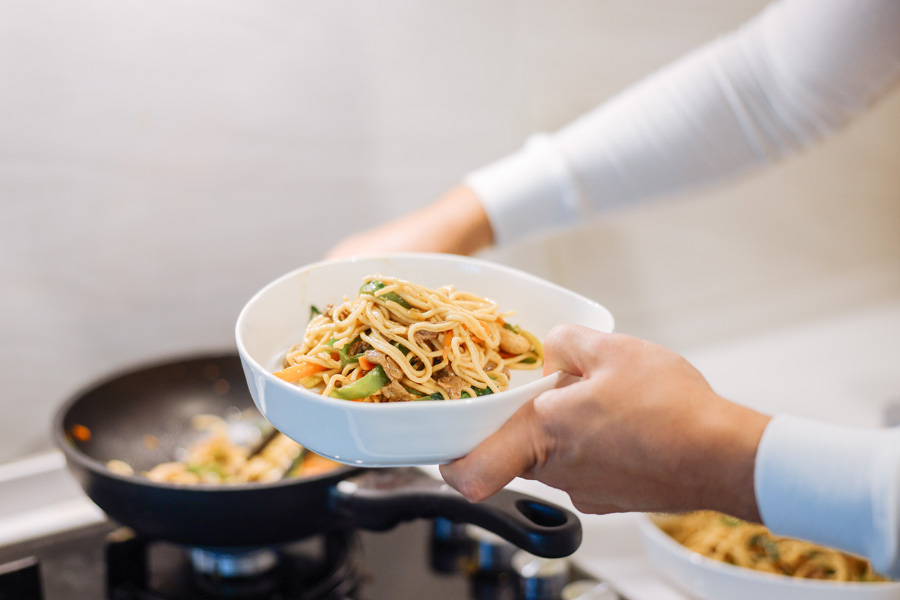
The Nutrition Facts label is a useful tool for making healthier food choices. The label makes it easier to compare products and tells you the nutritional content of the food based on a standard serving size. Our bodies need fat to survive. Fat helps regulate body temperature, protects our organs, makes hormones, and helps our body absorb essential vitamins. People with diabetes should choose foods lower in saturated and trans fat.
Beth Kindamo, Susan L Moore, and Ali Berg
|
-
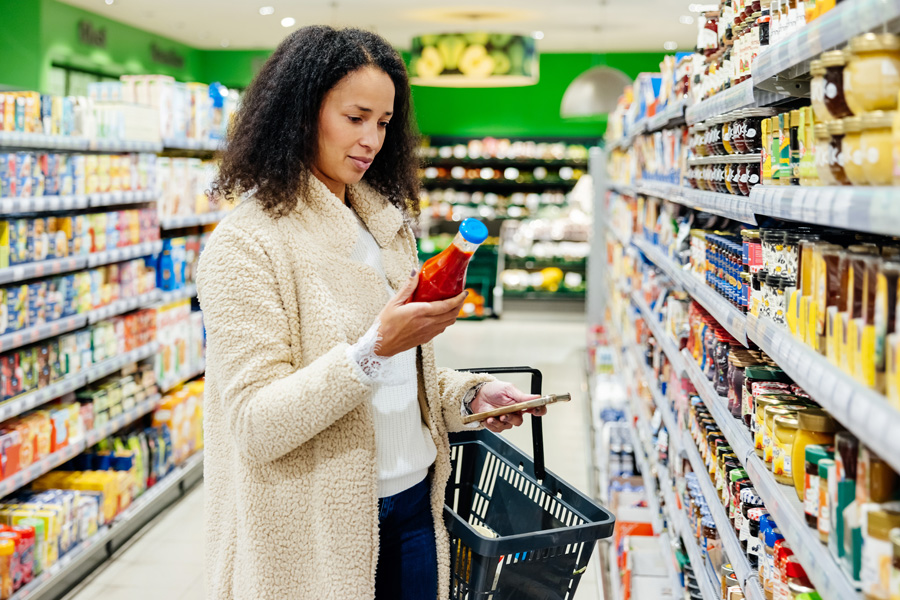
The body needs sodium, but consuming too much over time can increase blood pressure. Having higher blood pressure increases your risk for heart attack, stroke, and kidney disease. For people with diabetes, high blood pressure can increase the risk of complications from diabetes.
Beth Kindamo and Ali Berg
|
-
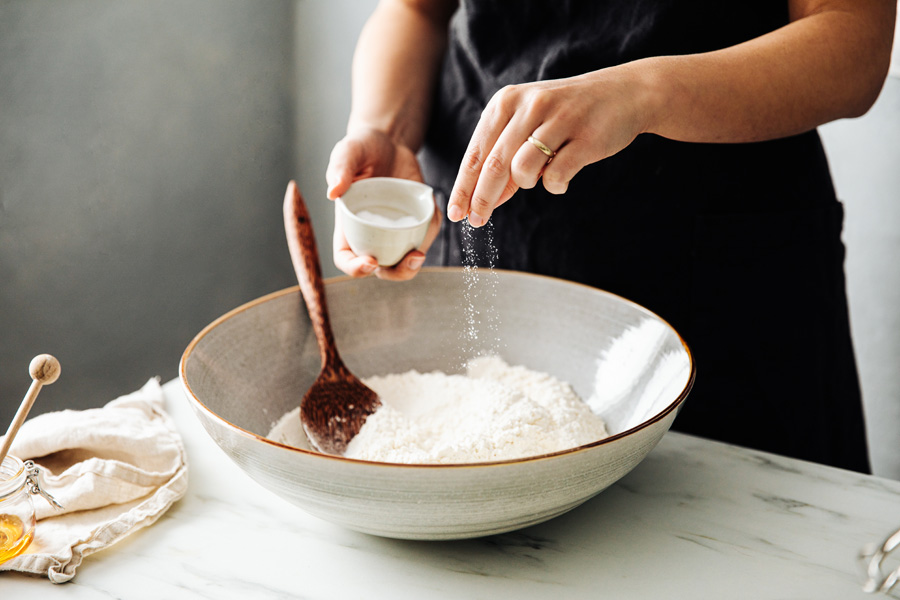
All carbohydrates are broken down into simple sugars, like glucose, during digestion. Controlling blood glucose is one of the primary goals in diabetes management. People with diabetes may desire to lower their carbohydrate, added sugar, and calorie intake by using sugar substitutes, including low-calorie or no-calorie sweeteners. These can come from natural sources, like stevia and monk fruit, or be synthesized in a laboratory, like sucralose, aspartame, and saccharin.
Beth Kindamo and Ali Berg
|
-
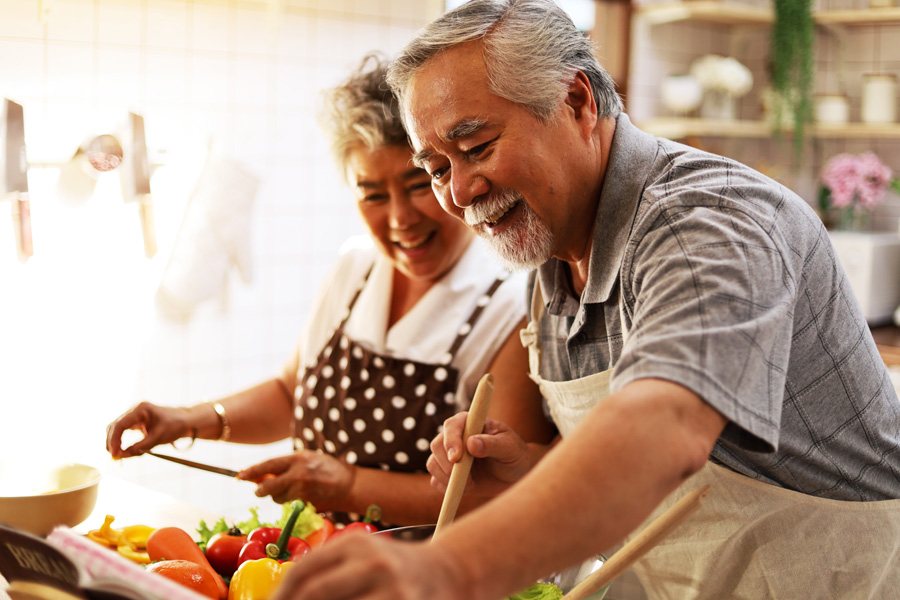
C 1323-01
All About A1c
The A1c blood test is a tool used to help diagnose and manage diabetes. The A1c test will measure your average blood sugar over the past 2–3 months by measuring the percent of your red blood cells that have sugar-coated hemoglobin. A higher percentage indicates a greater risk of having or developing diabetes.
Beth Kindamo and Ali Berg
|
-
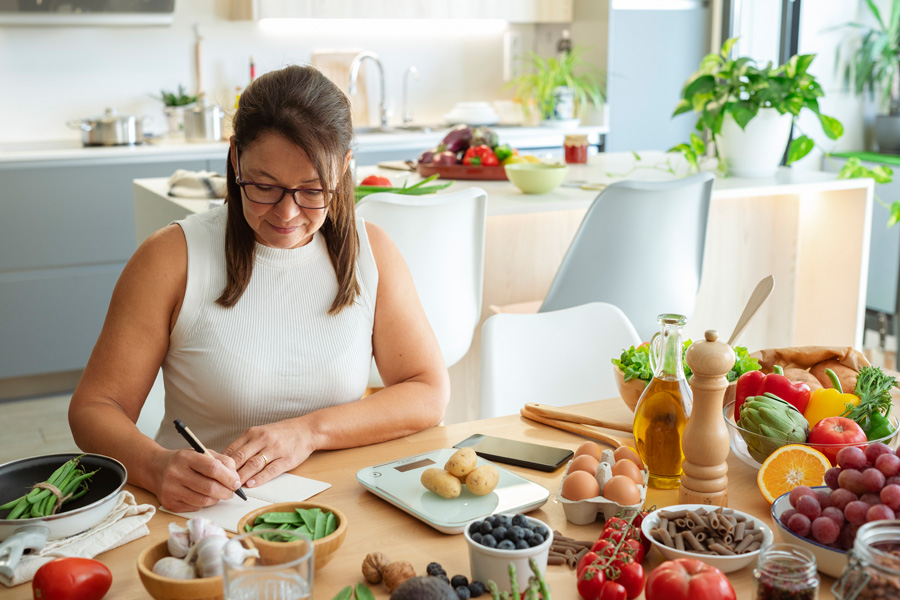
C 1323-02
Carbohydrates and Fiber
Carbohydrates are the body’s main source of energy, and foods can be high in fiber and high OR low in carbohydrates. Carbohydrates have the greatest influence on blood glucose (blood sugar), compared with protein or fat. Individuals with diabetes must be aware of how many carbohydrates they eat, but they don’t need to avoid or eliminate them altogether. Aim for at least 25–38 g of fiber daily.
Christa Anderson Campbell, Beth Kindamo, and Ali Berg
|
-
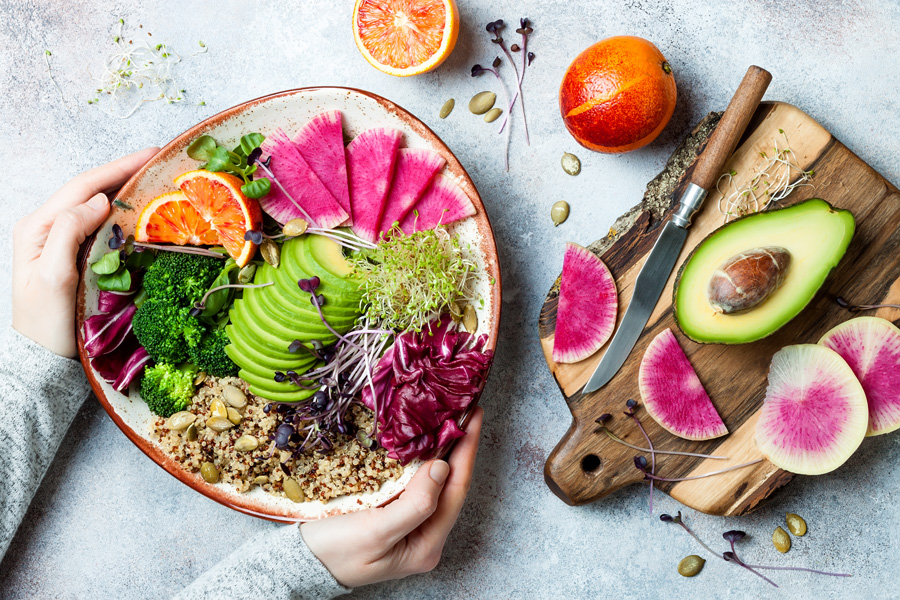
C 1323-03
Glycemic Index and Glycemic Load
Glycemic index you how carbohydrate foods raise blood glucose compared to either glucose alone or white bread. Research is mixed on whether or not choosing foods based on glycemic index helps control your blood sugar over time. Speak with your healthcare provider to determine if and how you should use glycemic index to manage your blood glucose.
Beth Kindamo and Ali Berg
|
-
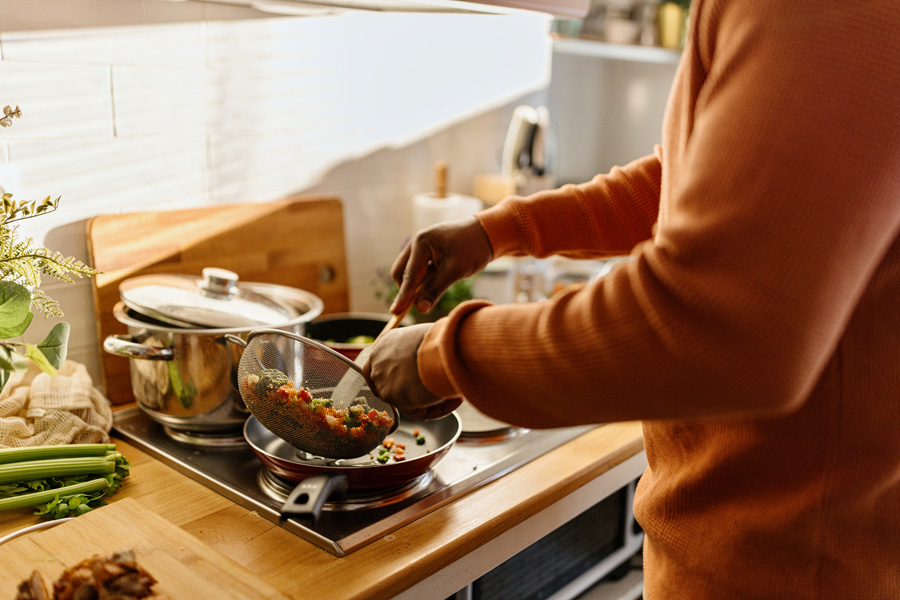
C 1323-04
Understanding the Nutrition Facts Label
The U.S. FDA regulates the Nutrition Facts label on most packaged foods and beverages. This label is a tool that can help you make informed decisions and healthier food choices. Nutrient content claims may describe the amount of a nutrient in a food product or compare it to that of another food product.
Beth Kindamo and Ali Berg
|
-
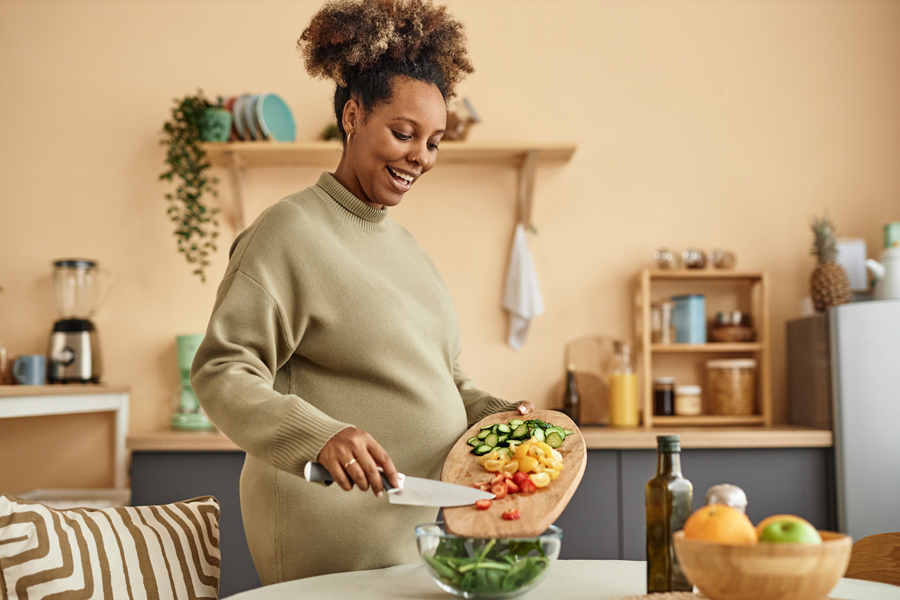
Pregnancy is a time of change, and moms-to-be have a lot to think about, for themselves and for their babies. Food safety and preventing foodborne illness (sickness caused by contaminated foods) is very important during this time. There are four easy steps that pregnant women and their families can take to protect themselves and their babies and prevent foodborne illness.
Sarah Henes
|
-
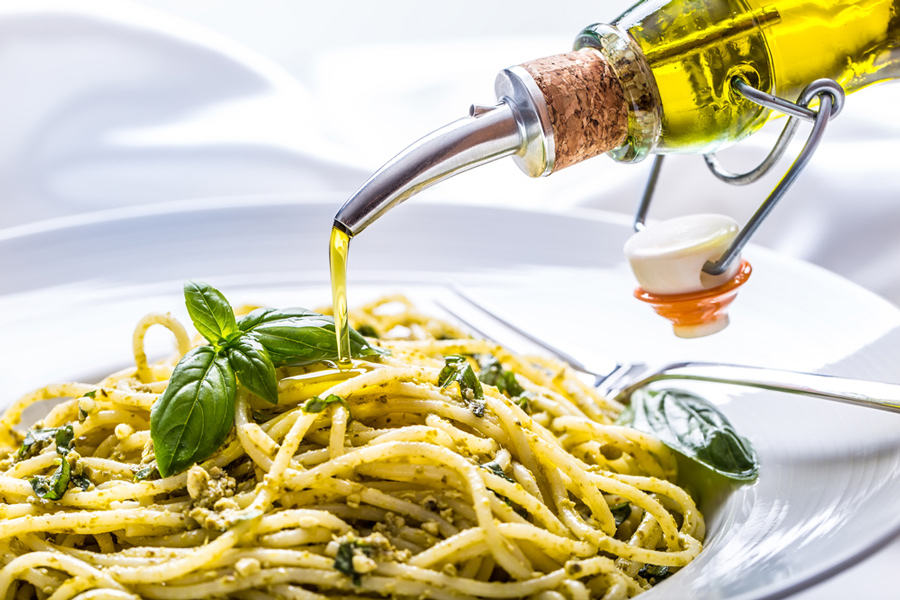
Making homemade infused cooking oils comes with food safety risks, particularly for those infused with garlic and herbs. Infused oils can enhance flavor and food presentation, but the combination of oil, garlic, and herbs creates an anaerobic (low-oxygen) environment, which is ideal for the growth of the bacteria that causes botulism, which can produce a deadly neurotoxin. The publication provides essential safety tips, such as sterilizing containers and thoroughly washing and drying ingredients, to prevent contamination and ensure safe oil infusion. By following these guidelines, home food preservers can create flavorful infused oils without compromising safety.
Carla Luisa Schwan
|